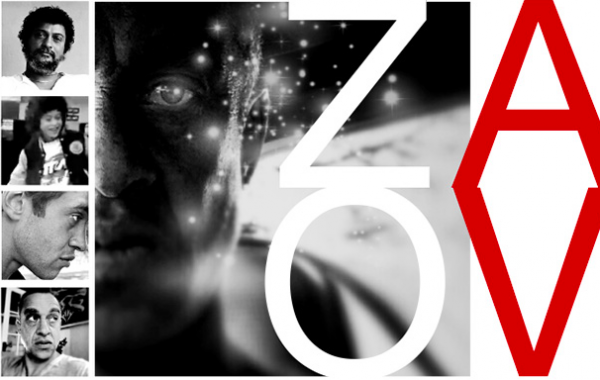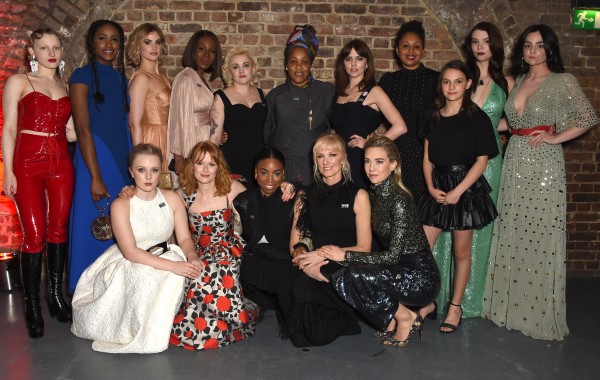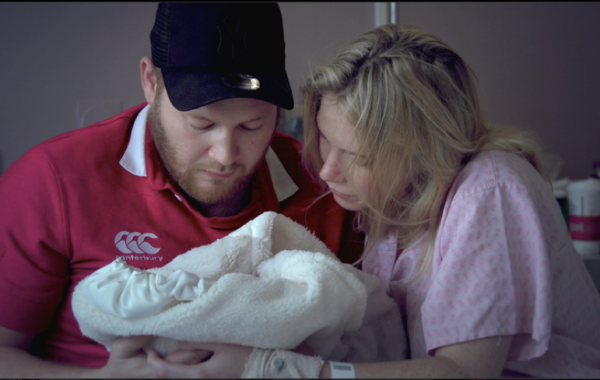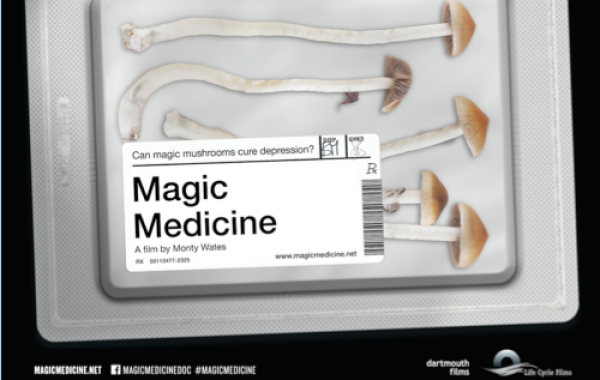Arts education charity Artis reveals how the performing arts could give children in the 20% most deprived areas a lifetime boost of up to £3.3 billion
New report from Pro Bono Economics released today, reveals data to show the socio-economic benefits of the Artis primary school performing arts programme. Against a backdrop of a decade-long underinvestment in arts education, the devastating impact of COVID and increasingly squeezed school budgets, the new report demonstrates how Artis' performing arts primary school programme could provide substantial economic and socio-emotional lifetime benefits for the country’s most deprived pupils, and wider society.
Key findings include:
- Every £1 invested in the Artis programme can provide up to £32 return in long-term economic benefits provided that improvements in children’s outcomes do not fade out over time
- A potential lifetime benefit of up to £3.3 billion for all children in any one academic year if the Artis programme was rolled out across all primary schools in the 20% most deprived areas in England.
- Average lifetime monetary benefit of up to £8,654 per child for children with elevated difficulties on the Artis programme - based on improvements in truancy, exclusion, crime, smoking, mental health and earnings. Across all children taking part in the Artis programme the benefit is up to £2,300 per child.
- Children who demonstrated elevated levels of initial difficulties saw a significant improvement in their socio-emotional outcomes after one year of the programme.
- About quarter of a million children have accessed Artis classes contributing up to half a billion pounds worth of value to individuals, government, and society.
Rebecca Boyle Suh, Artis Co-Founder says: “Artis has been dedicated to pioneering creative education and inspiring children to reach their full potential for nearly 20 years through our dedicated performing arts programme. This report confirms what we have been striving for in our work with around a quarter of a million across England, that exposure to a high-quality arts programme has enormous benefits. Outcomes not just in terms of creativity, but mental health and wellbing, social skills, IQ, behaviour and future income, highlighting once again that the arts must be regarded as an essential and integral part of the curriculum if we want our most disadvantaged children to thrive and succeed.”
RSA, Chief Executive & Pro Bono Economics, Founder Andy Haldane says, “This report from PBE makes a clear and compelling case for the lifetime benefits of arts education among early years learners being large and lasting, based on primary school interventions by the Artis Foundation. These benefits cover academic, creative and social skills. Coming at a time of rising pressure on schools funding for the arts, evidence of this type should help shape the debate about the importance of a rounded curriculum – embracing natural and social sciences, arts and humanities - in equipping young people with the skills and attributes they need to thrive in later life, particularly those from the most disadvantaged communities”.
The report adds to the ever-increasing body of evidence that integrating the arts into children’s learning in the early years is linked to better pupil outcomes, enriching their educational experience and helping to overcome early-life disadvantages. Artis partners with schools across England to create cross-curricular programmes led by highly trained performing arts professionals that fuse music, drama and movement and are specifically designed to inspire children’s creativity, educational attainment, and wellbeing.
Matt Whittaker, CEO, Pro Bono Economics says, “The positive impact that access to a quality arts programme in early life has on pupil outcomes is well established and multi-dimensional, but we know much less about the scale of the associated economic benefits. Our work with Artis marks a major step forward, highlighting the potentially significant financial benefits that flow from the improvement in pupil wellbeing secured via the charity’s intervention. Our estimate is that each child who participates in the Artis programme over the course of a single academic year secures lifetime benefits worth £2,300. The individuals themselves gain from improved job and pay prospects, while the Exchequer benefits from increased tax revenues and lower public spending on issues such as truancy, exclusion, crime and smoking. Each £1 invested in the Artis programme could therefore generate up to £32 of gains for society, and rolling the programme out across all primary schools in the most deprived parts of England could produce potential lifetime benefits of up to £3.3 billion. It adds up to strong case for greater investment in arts education in early life.”
Emma Bonnin, Pakeman Primary School, Head Teacher, says, “The arts allows children to emotionally access the curriculum. Some of our children have quite difficult lives and the arts are a way to escape from that. We are not willing to let go of the arts because they are so important for children to be able to extend their curriculum and widen their experiences.”
Dame Evelyn Glennie, Artis Patron, says, “I am hugely proud to be a patron of Artis. The performing arts are magic and transform lives. The Artis curriculum is simply ground-breaking and has found a way to harness that magic and truly inspire children, all children, to reach their full potential with their dedicated performing arts programme. The findings in this report are a wonderful affirmation of what we know to be true. I feel very strongly about inclusivity and widening access to learning, Artis does that and children who have passed through are showing positive outcomes in academic attainment, social skills, IQ, behaviour and future income, highlighting once again that the arts must be regarded as an essential and integral part of education if we want our most disadvantaged children to thrive.”
Nitin Sawhney, Artis Patron, says, “This report from Pro Bono Economics confirms what I have always believed … that young people can, through creative learning, train themselves to trust their own intuition and that, by doing so, they immeasurably enhance their own life journeys economically as well as holistically. The report is both compelling and convincing in its methodology and conclusions, particularly in relation to its findings on how Artis as an organisation can benefit children with elevated learning needs.”
Kwame Kwei-Armah, Artis Patron, says, “The arts hold the power to reflect, to motivate and to bring us to our highest possible selves. Without the arts we are but two dimensions. My work as Patron of Artis and as a trustee of the newly formed Black Equity Organisation (BEO) share some common aims; namely to better education and health outcomes and improve representation across society. The findings in this research demonstrate that Artis and its performing arts curriculum can powerfully serve to support these aims”.
Lord David Puttnam, Artis Patron, says, “As a patron, Artis has my wholehearted support for the vital work they do to improve young people’s lives through performing arts. The findings in this report provide a powerful narrative, that the benefits of this programme - including engagement and creative participation - enrich the experiences and development of young children.”
The report is based on data collected over the 2020/21 academic year which economists analysed to understand the impact of the Artis performing arts primary school programme on children over the course of the year and linked to improvements in their lifetime outcomes.
Link to report: DO THE ARTS PERFORM IN SCHOOL?
Featured Work

Zak Ové
View Details
TIME’S UP UK
View Details
Channel 4
View Details



